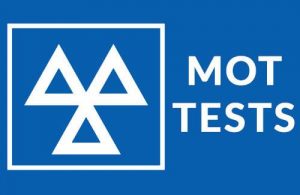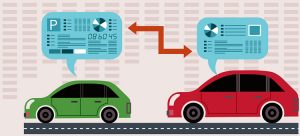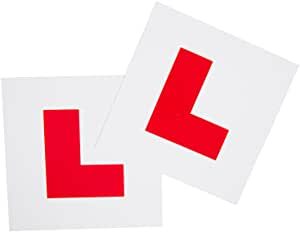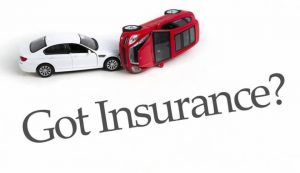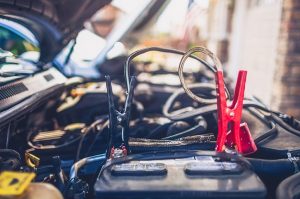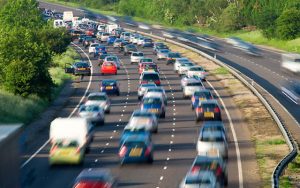As of 9am Monday 8th June 2020 our office will be fully back to operating as pre lockdown, with the exception as of below. We are taking bookings for the week commencing Monday 22nd June.
At Britannia Driving School please be rest assured our instructors and pupils health and well being is paramount.
Thinking as to when instructors can return to everyday teaching we have been devising ways to keep you all safe.
This will include the instructors not giving lessons if they have any of the corona virus symptoms, instructors asking their pupils if they have been feeling unwell or in contact with any body who is unwell or showing symptoms.
Some instructors are thinking about having a digital thermometer to check themselves and pupils alike.
They will all be carrying hand sanitizer which each pupil will be asked to put on just before they enter the car, Before and after each pupil the car will be cleaned with antibacterial wipes, handles, steering wheel, mirror, gearstick, seatbelt etc.
Encouraging pupils to do intensives to minimize time and contact with the instructor. Not sharing a car with anyone else for the duration of the course.
Wear a face mask if needed or requested by the pupil
We are asking that the pupils wash their hands immediately prior to the lesson commencing.
When we return to the office we will still be social distancing so ask that if at all avoidable to contact us by telephone or email, we will be sanitizing everything in the office and the two meter rule will be in place, also only allowing one person at a time in the office.
We will of course be thinking of other ways we can all keep ourselves in the office, our instructors and of course our pupils.
 Buy Gifts Vouchers Here
Buy Gifts Vouchers Here Intensive Driving Courses
Intensive Driving Courses Driving Test Booking Services
Driving Test Booking Services


